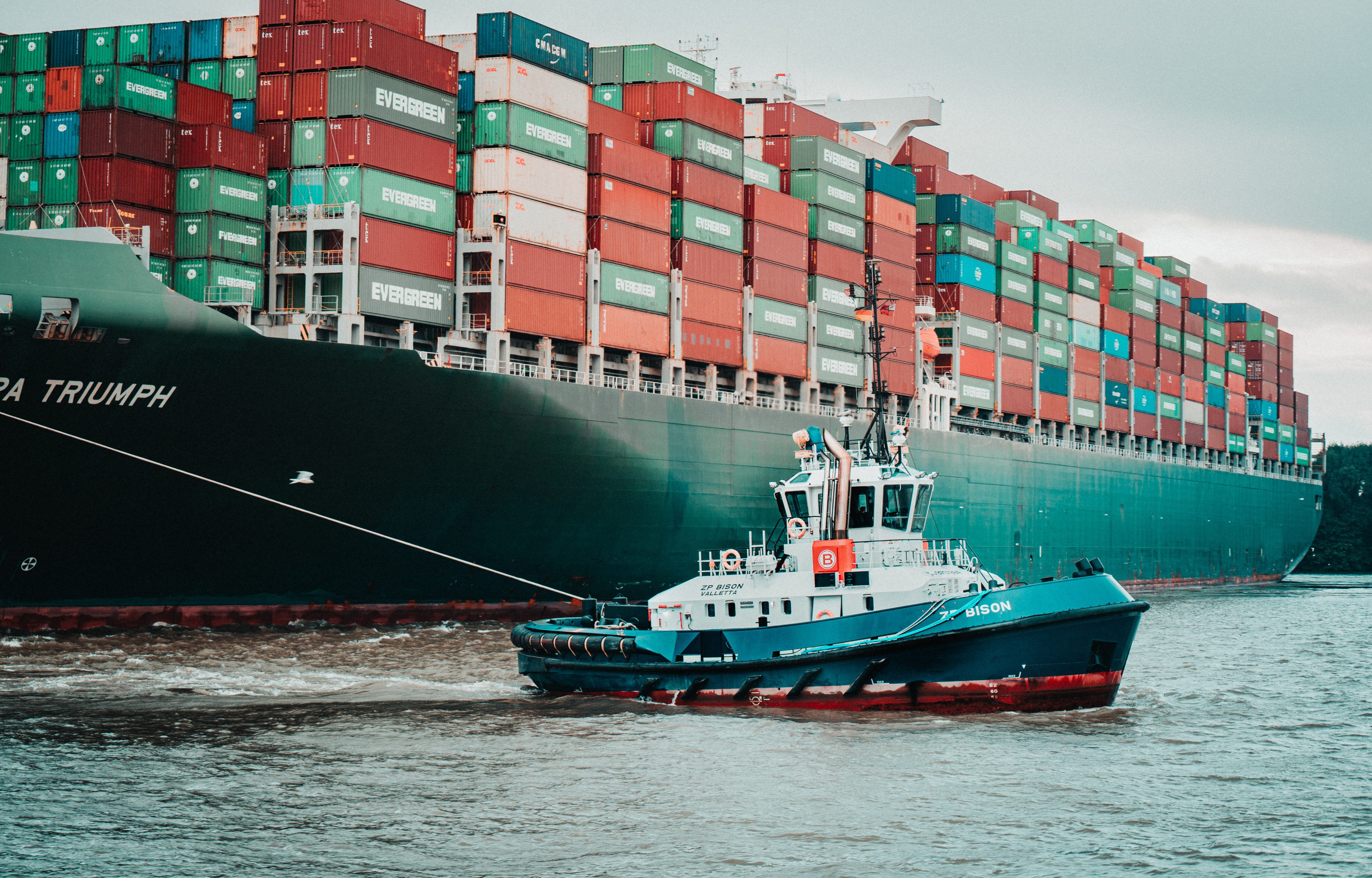
Is it time you went back to beige?
Beige gets a bad rap from brand consultants, but when you’re stressed, it’s hard to think clearly: you need to return to neutral first. To reset your nervous system, try going back...

by David Bach, Salvatore Cantale Published November 15, 2021 in Brain Circuits • 2 min read
Businesses are looking at becoming more local, or at least
more diverse in terms of their supply chain as a path to resilience. If you
find yourself reconsidering your supply chain, here are four things to consider
first.
The pandemic exposed supply chain weaknesses throughout the globe. Now companies are taking stock of their systems, not just because of COVID-19, but the very real problems associated with the geopolitical landscape. Businesses are looking at becoming more local, or at least more diverse in terms of their supply chain as a path to resilience. If you find yourself reconsidering your supply chain, here are four things to consider first.
Supply chain costs are increasing fast
Companies must consider the total acquisition cost incurred to make the component or service available for use, including packaging, transportation, customs, tariffs, exchange rate insurance, so on. If these costs rise to the point where they become a competitive disadvantage, then the localization of sourcing makes good business sense.
Governments and consumers are demanding more local goods
The demand for locally sourced products has been rising in recent years, benefiting producers that can emphasize provenance and strengthening the case for localization. If a big enough segment of consumers would buy local products, even at a premium, reshoring should be considered. Localization also makes sense if consumers are likely to value the faster fulfillment of their orders, because sourcing nearby accelerates speed to market.
Geopolitical risks are rising
It is important to consider the geopolitically charged trading environment, which is reflected by trade wars, Brexit, and the rise of vaccine nationalism. In addition, the risks of offshoring, including supplier viability, have become increasingly evident during COVID-19, pushing companies to consider localization.
Environmental concerns are growing
The environmental benefits of manufacturing closer to home are becoming increasingly evident. Production in advanced economies can be more efficient in some cases due to the lower carbon intensity of electricity generation.
The environmental impact of transporting goods and components over long distances is driving a push to localize production, so ESG responsibilities and goals should not be overlooked. Regulation is tightening, with governments increasingly adamant that foreign suppliers meet acceptable sustainability standards, so business leaders will need to carry out greater due diligence on their suppliers.
Further reading:
Localization – where effective supply chain management meets smart politics by David Bach and Salvatore Cantale

President of IMD and Nestlé Professor of Strategy and Political Economy
David Bach is President of IMD and Nestlé Professor of Strategy and Political Economy. He assumed the Presidency of IMD on 1 September 2024. He is working to broaden and deepen IMD’s global impact through learning innovation, excellence in degree- and executive programs, and applied thought leadership. Recognized globally as an innovator in management education, Bach previously served as IMD’s Dean of Innovation and Programs.

Professor of Finance at IMD
Salvatore Cantale is Professor of Finance at IMD. His major research and consulting interests are in value creation, valuation, and the way in which corporations structure liabilities and choose financing options. Additionally, he is interested in the relation between finance and leadership, and in the leadership role of the finance function. He directs the Finance for Boards, Business Finance, and the Strategic Finance programs as well as the Driving Sustainability from the Boardroom program and the newly designed Bank Governance program.

12 hours ago • by Francesca-Giulia Mereu in Brain Circuits
Beige gets a bad rap from brand consultants, but when you’re stressed, it’s hard to think clearly: you need to return to neutral first. To reset your nervous system, try going back...

February 11, 2026 • by Stefan Michel in Brain Circuits
Drawing on his recent IMD podcast with Amar Bhidé, IMD Professor of Management Stefan Michel debunks longstanding misconceptions about entrepreneurship....

February 10, 2026 • by Susanne May in Brain Circuits
Forget everything you’ve heard about genius CEOs, intuition, and heroic decision-making, says Susanne May – use Jensen Huang’s radical leadership of Nvidia as a blueprint to succeed in the AI era....

February 5, 2026 • by Michael D. Watkins in Brain Circuits
AI can do plenty in terms of learning and skills development – but educators and talent leaders also need to understand what AI tools should not be used for. ...
Explore first person business intelligence from top minds curated for a global executive audience